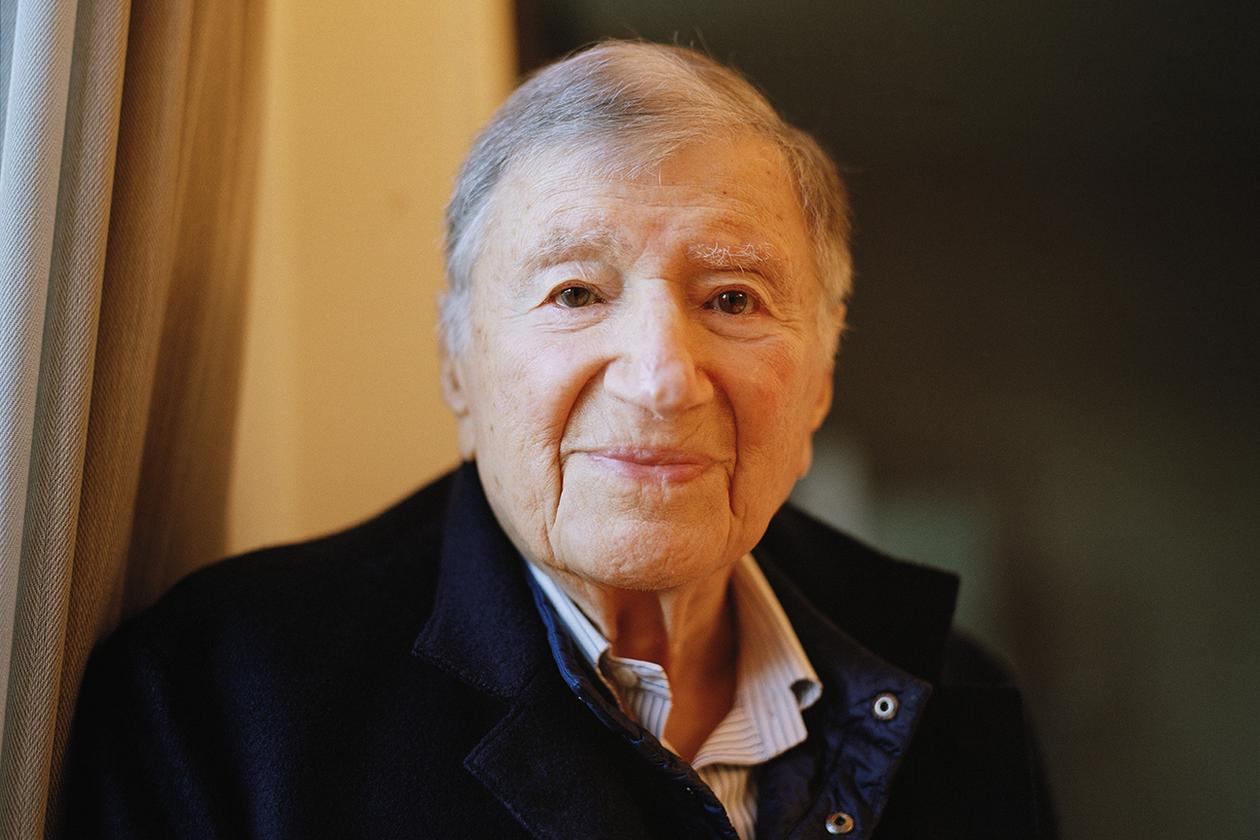Etienne-Emile Baulieu, the French scientist who invented the abortion pill, passed away at the age of 98 on Friday at his Parisian home, according to his wife, who spoke to AFP.
The doctor and researcher, who gained international recognition for his work on the pill, had a busy life that included joining the French resistance and making friends with artists like Andy Warhol.
Baulieu’s dedication to women’s freedom
“His research was guided by his commitment to the progress made possible by science, his dedication to women’s freedom, and his desire to enable everyone to live better, longer lives,” Baulieu’s wife Simone Harari Baulieu said in a statement.
In his eulogy, French President Emmanuel Macron referred to him as “a beacon of courage” and “a progressive mind who enabled women to win their freedom.”
“Few French people have changed the world to such an extent,” he added in a post on X.
Opposition to Baulieu’s abortion pill
Despite harsh criticism and occasional threats from proponents of abortion, Baulieu’s most well-known discovery contributed to the development of the oral medication RU-486, also known as mifepristone, which gave millions of women worldwide a safe and affordable substitute for surgical abortion.
He pushed governments to approve the medication for decades.
Baulieu told AFP that it was “scandalous” when Wyoming became the first state in the US to ban the abortion pill in 2023.
Baulieu, who was 96 at the time, claimed that such prohibitions were a step in the wrong direction and that he had devoted a significant portion of his life to “increasing the freedom of women.”
Baulieu was “guided throughout his life by one requirement: human dignity,” according to French Equality Minister Aurore Berge, who expressed her condolences to his family on X upon learning of his passing.
Baulieu’s lifestyle
Etienne Blum was born on December 12, 1926, in Strasbourg to Jewish parents.
Following the death of his father, a physician, he was nurtured by his feminist mother.
When he joined the French resistance against Nazi occupation at the age of 15, he changed his name to Emile Baulieu. Later, he added Etienne.
After the war, he became a self-described “doctor who does science,” focussing on the subject of steroid hormones.
Baulieu’s creation of abortion pill mifepristone
In 1961, Baulieu received an invitation to work in the United States.
Gregory Pincus, who is credited with creating the contraceptive pill, saw his potential and persuaded him to concentrate on sex hormones.
In France, Baulieu created a method to prevent the progesterone hormone from having an impact, which is necessary for the egg to implant in the uterus following fertilisation. As a result, mifepristone was created in 1982.
Baulieu refused to back down despite being dragged before the courts and vilified by US anti-abortion organisations who claimed he had invented a “death pill.”
“Adversity slides off him like water off a duck’s back,” Simone Harari Baulieu told AFP.
Baulieu presented with French national honour
“During the 2023 presentation of France’s highest honour to Baulieu, Macron remarked, “You, a Jew and a resistance fighter, were overwhelmed with the most atrocious insults and even compared to Nazi scientists.”
“But you held on, for the love of freedom and science.”
In the United States, Baulieu was also given the coveted Lasker prize in 1989.
Baulieu, a literature enthusiast, made friends with Andy Warhol and other artists in the 1960s.
He said he was “fascinated by artists who claim to have access to the human soul, something that will forever remain beyond the reach of scientists.”
Well into his mid-90s, Baulieu continued to go to his Paris office. He stated in 2023 that he would become bored if he stopped working.
Baulieu’s effort to find solution to Alzheimer’s disease
His recent research has involved trying to find a means to prevent the onset of Alzheimer’s disease, as well as a treatment for severe depression, for which clinical trials are presently underway across the world.
He asserted that “there is no reason we cannot find treatments” for both conditions.
In 1963, Baulieu was also the first to explain how the adrenal glands secrete the hormone DHEA. He believed that the hormone had anti-aging properties, but medications that used it, like skin-firming lotions, only had modest results.
In 2016, Baulieu wed Simone Harari following the passing of his wife Yolande Compagnon. His family said in a statement that he leaves behind three children, eight grandchildren, and nine great-grandchildren.














